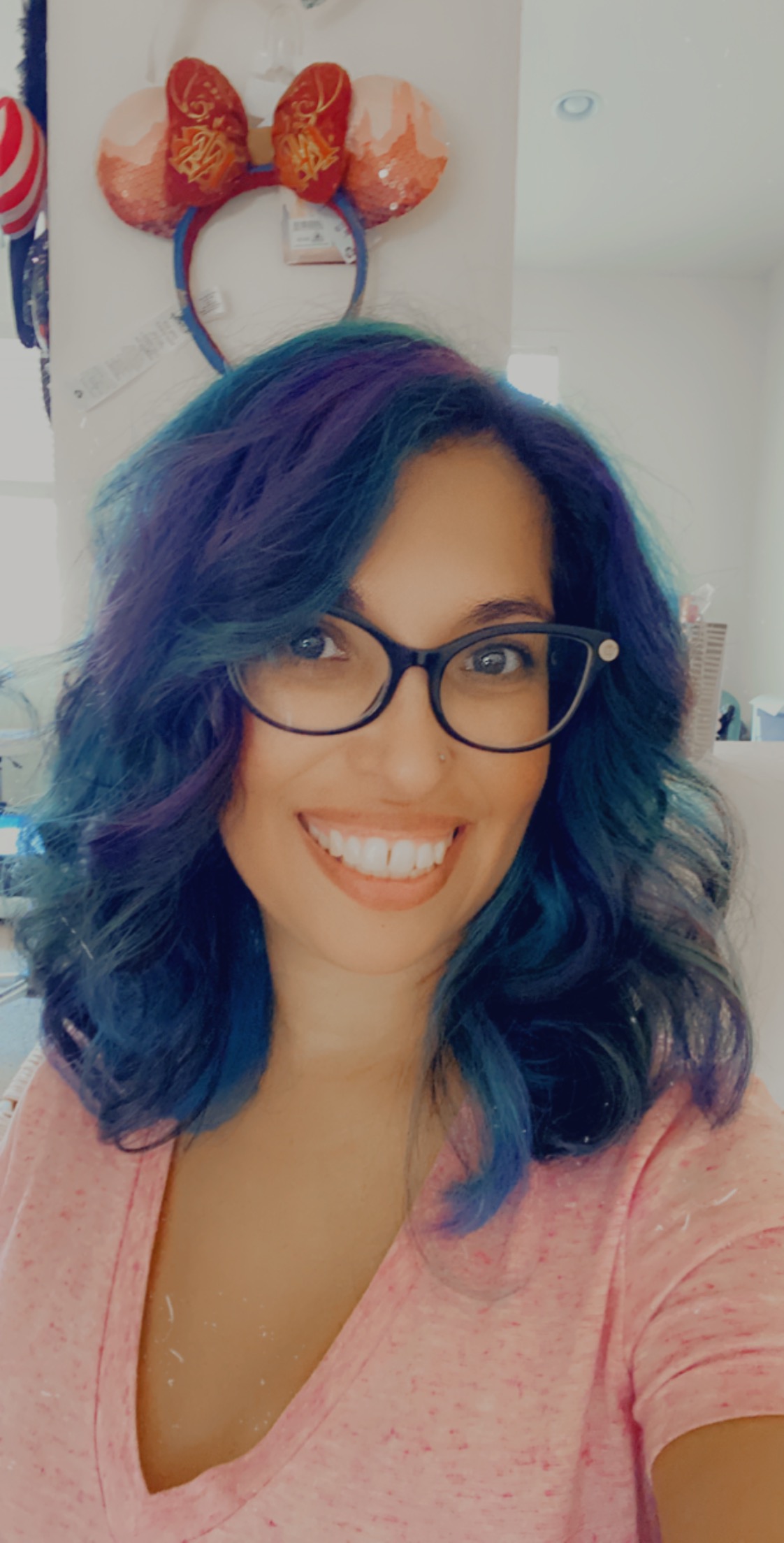Understanding ADHD: Traits, Diagnosis, and Neuro-Affirmative Coaching
- Marisol Matos
- Oct 26, 2024
- 2 min read
Updated: Nov 4, 2024

Are you or someone you know living with ADHD? You’re not alone. Attention Deficit Hyperactivity Disorder (ADHD) affects millions of people worldwide, and it’s much more than just being easily distracted. Let’s explore the symptoms, diagnosis process, and the game-changing approach of neuro-affirmative coaching.
ADHD Symptoms: Beyond Stereotypes
ADHD manifests differently in everyone, but common symptoms include:
• Inattention: Difficulty focusing, easily distracted, trouble following instructions
• Hyperactivity: Constant motion, fidgeting, excessive talking
• Impulsivity: Acting without thinking, interrupting others, making hasty decisions
For adults, ADHD might look like:
• Chronic lateness or forgetfulness
• Struggles with organization and time management
• Restlessness or boredom
• Difficulty regulating emotions
It’s important to note that experiencing some of these traits doesn’t automatically mean you have ADHD. A professional evaluation is necessary for a proper diagnosis.
The Diagnosis Process: More Than a Quick Quiz
Contrary to popular belief, diagnosing ADHD involves a comprehensive process:
1. Initial screening with a healthcare provider
2. In-depth evaluation, including interviews and behavior rating scales
3. Ruling out other conditions with similar symptoms
For children, the process often includes input from parents and teachers. Adults might need to bring in a partner or close friend who knows them well.
Neuro-Affirmative Coaching: Embracing Your Unique Brain
Neuro-affirmative coaching is revolutionizing ADHD support. This approach recognizes that ADHD brains aren’t “broken” - they’re simply wired differently. Neuro-affirmative coaches help you:
• Identify and leverage your strengths
• Develop strategies tailored to your unique brain
• Build confidence and self-acceptance
• Navigate challenges authentically
Key aspects of neuro-affirmative coaching include:
• Understanding your “neuro-style” and needs
• Learning effective communication about your ADHD
• Setting boundaries that respect your neurodiversity
• Developing motivation strategies that work for you
Many individuals report feeling truly understood and supported for the first time through this approach.
Conclusion
Living with ADHD can be challenging, but it also brings unique strengths and perspectives. Understanding your symptoms, getting a proper diagnosis, and exploring neuro-affirmative coaching can open up a world of possibilities. Remember, ADHD is just one part of who you are. With the right support and strategies, you can harness your ADHD superpowers and thrive in your own unique way.
Have you had experiences with ADHD diagnosis or neuro-affirmative coaching? Share your thoughts in the comments below!







Comments